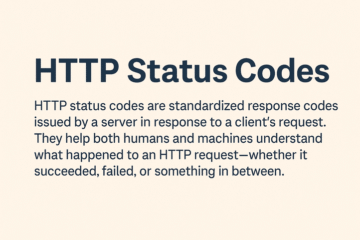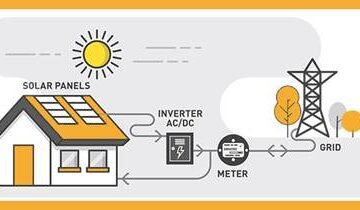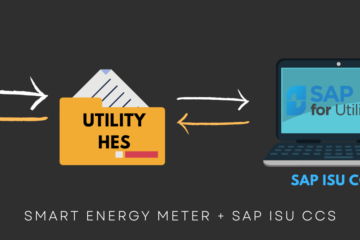Net metering is a framework that promotes the integration of renewable energy sources into the grid and enables consumers to generate their own electricity. With the advent of smart energy meters, net metering in smart energy meter has become more efficient and accessible than ever before.
In this blog post, I will explore how net metering works in smart energy meters, empowering individuals to generate clean energy and contribute to a sustainable future.

What is Net Metering?
Billing arrangement that allows energy consumers who generate electricity from renewable sources, such as solar panels, to feed the excess electricity back into the grid.
How Smart Energy Meters Enable Net Metering:
Smart energy meters play a crucial role in facilitating net metering by accurately measuring the electricity consumed from the grid and the surplus electricity generated and fed back into the grid.
Here’s how the process works:
Energy Generation:
When a consumer’s renewable energy system, such as solar panels, produces electricity, it flows into their home’s electrical system. Smart energy meters can measure the energy generated in real time, capturing the exact amount of surplus electricity.
Energy Consumption:
Simultaneously, the consumer’s home draws electricity from the grid to meet its energy needs. The smart energy meter records the energy consumed from the grid, just like a traditional meter.
Net Energy Measurement:
The smart energy meter calculates the net energy usage by subtracting the surplus electricity generated from the total energy consumed. If the consumer generates more electricity than they consume, the meter records a net surplus.
Billing and Credit:
Based on the net energy measurement, the utility company provides a credit or reimbursement to the consumer for the surplus energy fed back into the grid. The credit is typically applied to the consumer’s next electricity bill, effectively offsetting their energy costs.
Benefits of Net Metering with Smart Energy Meters:
Net metering, facilitated by smart energy meters, offers several benefits:
- Cost Savings: Consumers can significantly reduce their electricity bills by generating their own renewable energy and receiving credits for the surplus energy they produce.
- Environmental Sustainability: Net metering encourages the adoption of renewable energy sources, reducing reliance on fossil fuels and lowering carbon emissions, contributing to a cleaner and greener future.
- Grid Stability: By integrating distributed renewable energy sources into the grid, net metering helps balance electricity supply and demand, enhancing grid stability and resilience.
- Informed Energy Management: Smart energy meters provide real-time data on energy generation and consumption, enabling consumers to monitor and manage their energy usage effectively.
Conclusion:
Net metering, made possible by smart energy meters, revolutionizes how we generate and consume electricity. It empowers individuals to become active participants in the transition to renewable energy by enabling them to generate their own clean electricity and receive credits for surplus energy.
As smart energy metering technology advances, net metering will play an increasingly vital role in promoting sustainable energy practices and a more resilient and efficient grid.
Thanks for reading. Cheers!!
To know more about the author, please visit his LinkedIn profile.
Go to home page for more information regarding communication protocols and other detailed blog on the future of the data center.



0 Comments